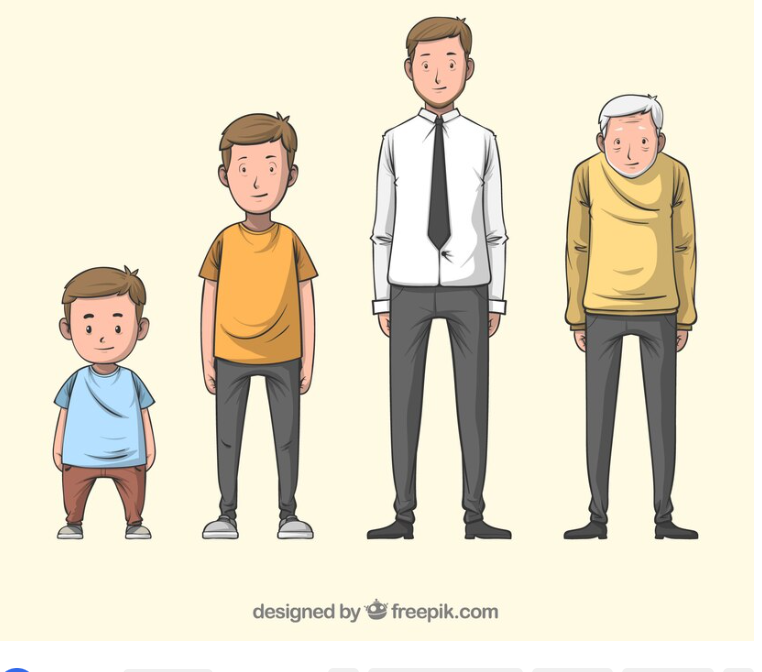“I hate growing old,” says everyone, “but it’s better than the alternative.” We tend to see aging as this inevitable decline in physical and mental capability. In American society especially, we see the elderly as somehow lesser than their younger selves — weaker, sadder, lonelier. On November 30, Anne Tergesen wrote a piece in the Wall Street Journal, backed by some solid scientific evidence, that shows that everything we believe about aging may just be wrong.
Myth #1: The Elderly Tend to be More Depressed
Are seniors more depressed? Not according to the research. Participant of a long term study conducted by research scientists at Heidelberg University, among others, older people focus on positive rather than negative emotions. “Contrary to the popular view that youth is the best time of life, the peak of emotional life may not occur until well into the seventh decade,” Prof. Laura Carstensen, director of Stanford University’s Center on Longevity says.
Myth #2: Cognitive Decline is Inescapable
With age comes wisdom. With age come experience and knowledge. Barring dementia, studies show that older people tend to see problems from multiple perspectives. Also good news? Studies have shown that older adults can improve memory by learning new skills. Old dog –meet new tricks.
Myth #3: We Become Less Productive as We Age
Fewer older workers can retire early, thanks to our economy. According to the Department of Labor, workers 55 or older make up 22% of the American labor force. That’s up from 12% in 1992. Older workers have the edge over their younger counterparts due to experience and tend to make fewer errors in their work.
Myth #4: The Aged are More Prone to Loneliness
The elderly have shown that when it comes to people they feel close to, they prefer quality over quantity. Closer ties with loved ones means that seniors value their inner circle more and shed the relationships they find problematic. Of course, loneliness is still a problem for some elderly, especially if they are isolated but, on average, research shows that older adults are less lonely than younger adults.
Myth #5: Creativity Declines With Age
This one I love: academic studies dating far back into the 19th century show that many artists are most prolific in their 40s, 50s and 60s. David Galenson, a professor at the University of Chicago, conducted research that showed artists who “rely on wisdome, which increases with age” take years to perfect their style. He cites Mark Twain, Paul Cézanne, Frank Lloyd Wright, Robert Frost and Virginia Woolf as just a few of the artists who did their best work later in life.
Myth #6: More Exercise Produces Better Results
While getting some exercise is key to healthy aging, too vigorous activity can cause “overuse injury” to the heart. Dr. James O’Keefe, professor of medicine at the University of Missouri-Kansas City recommends sticking to a “moderate cardiovascular workout of no more than 30 miles a week or 50 to 60 minutes of vigorous exercise a day, and taking at least one day off each week.”
We here at Caregiverlist are firm believers in healthy aging. With proper nutrition, exercise, and preventative measures, we know that we can enjoy life much longer than ever before. And it doesn’t hurt to follow the advice of the late Ms. Besse Cooper who made it to 116 years old. During an interview with the Guinness Book of World Records, when asked her advice on living a long, healthy life Ms. Cooper responded, “I mind my own business. And I don’t eat junk food.”
Take the time to read the full Wall St. Journal article, along with the substantiating data.







